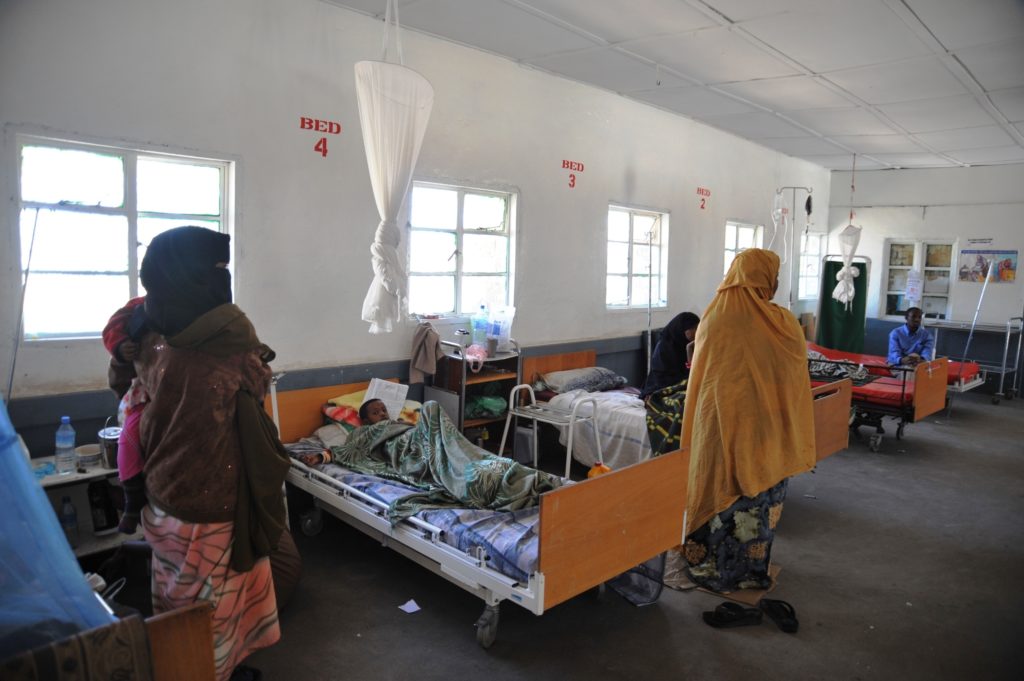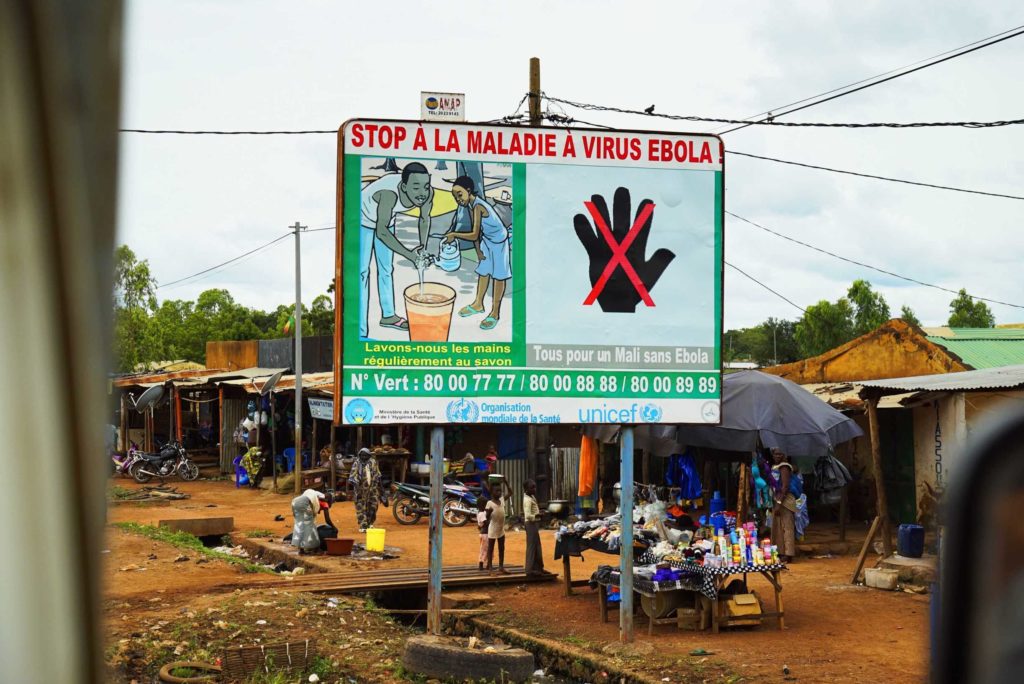The role of trust in health care systems has never been more important than during the current outbreak of COVID-19. Elias Papaioannou, Professor of Economics at London Business School and Academic Director of the Wheeler Institute for Business and Development was joined in conversation with Oeindrila Dube, the Philip K. Pearson Professor of Global Conflict Studies at the University of Chicago to discuss how her research in Sierra Leone during the Ebola outbreak has clear messages for national policymakers and the private sector when it comes to coping with the impact of the Coronavirus.
- Community engagement and involvement can save lives during the crisis, as it increases a population’s willingness to seek care and get tested;
- Accountability interventions will improve patient outcomes, as can be seen by reporting of Ebola cases where the health system implements these measures, with 33% fewer patient deaths and improved patient outcomes in areas where interventions were trialled in Sierra Leone;
- There is also a need for clear, consistent messaging rooted in science from leaders and public health officials; while the private sector also needs to amplify public health messages;
- There is a lack of trust across the world, some of which can be attributed to partisan affiliation and ideology, which is impacting how much of a threat COVID-19 is considered to be.
A population’s wiliness to cooperate and engage with government health advice is critical during a crisis and can influence life or death decisions.
During her discussion with Elias Papaioannou of London Business School’s Wheeler Institute, Oeindrila Dube illustrated the ways that the impact of the COVID-19 crisis can be minimalised through health system accountability measures, as shown through her research in Sierra Leone during the Ebola outbreak. Dube has also written in the New York Times on the importance of local community members working together to act in their collective interest.
Dube’s research has investigated whether improving health system accountability can improve patient outcomes. Her analysis shows that holding health workers more accountable to improve health services in countries where mortality rates are highest can have an outsized impact, with accountability interventions improving use of health clinics and health outcomes by building greater trust and confidence in health systems. This is critical during a health crisis because people have to choose whether to cooperate with response efforts, by either complying with quarantines or volunteering for medical testing.
In 2012, Dube and her co-authors trialled various initiatives in Sierra Leone including, community monitoring, with representatives from clinical staff and community members to create a joint action plan for improving outcomes and non-financial awards, with competitions between clinics to motivate better work. During the Ebola outbreak, Dube returned to look at outcomes during the healthcare emergency. Working with over 250 government-run health clinics serving over 5,000 households, it was clear interventions produced immediate benefits, such as greater clinic utilization, as well as patient satisfaction.
Vitally, it also increased the belief in the effectiveness of Western medication and confidence in the health system. This had a large impact on patient outcomes, as areas where the initiatives had been implemented had higher levels of reporting and testing, which was vitally important during the Ebola outbreak. While there was a spike in the number of reported cases of Ebola, this was a consequence of higher trust in the effectiveness of health clinics and medical interventions, which led more people to seek care at clinics, ultimately resulting in more treatment and faster containment of the virus. Historically, the stigma associated with reporting would have led to reduced willingness to report to clinics. However, increased trust, for example, in areas where a scorecard for local community members to see health problems in their community relative to other communities had been created, helped galvanise the community and lead to an action plan with specific commitments from all stakeholders to improve outcomes. This was heightened during the Ebola outbreak, resulting in improved outcomes in the specific areas where community engagement measures had been brought in.
By improving the population’s confidence and trust in health workers, and willingness to visit health clinics for testing, these communities had better outcomes than those without interventions. This is vitally important during the Coronavirus crisis, as we need to have communities heeding messages by public health providers by for example, complying with stay at home orders and taking part in medical testing.
Public figures, including businesses, all have a critical role to play helping overcome the crisis, by influencing how well populations comply with health advice and by working towards a cure.
While trust in leaders and health professionals is different in the United Kingdom and the USA to that of Sierra Leone, Dube emphasised that there are global imperatives that must be followed. Public health officials and leaders need to be clear, consistent and use messaging rooted in science. Trusted voices, such as community organisations, celebrities, athletes and religious leaders all need to amplify this message. Specifically, Dube cited the role played in West Africa by religious leaders of all faiths in helping articulate critical messages about burial practices, which had a huge effect in reducing the spread of Ebola. Dube stresses that these leaders have a role to play both in emerging and industrialised countries as we counter the threat from COVID-19.
Dube finished with a message of hope; there is a role of business to help solve the challenges posed by COVID-19. From broadcast companies and media outlets who can spread public health messages to pharmaceutical companies who are on the front line of developing diagnostic and serological tests, as well as an effective vaccine, the private sector can lead the way with the world’s response to the coronavirus.
Elias Papaioannou’s conversation with Oeindrila Dube is part of the Wheeler Institute’s COVID-19 series – bringing together the expertise and experience of our extended community to understand, illuminate and offer solutions to the challenges created by COVID-19. Our differentiating factor is the role of business in addressing these challenges, with a focus on the implications and actions for those in developing countries.
Elias Papaioannou is academic director of the Wheeler Institute for Business and Development and professor of economics at London Business School, focusing on international finance, political economy, applied econometrics and growth and development.
Oeindrila Dube is the Philip K. Pearson Professor of Global Conflict Studies at the University of Chicago. Professor Dube’s research focuses on the political economy of development. Her work examines links between poverty and conflict, and how institutions affect health service delivery and the spread of epidemics.






